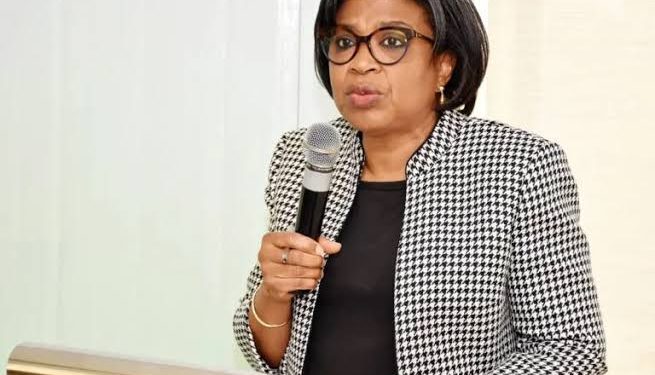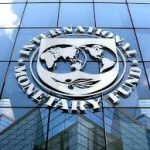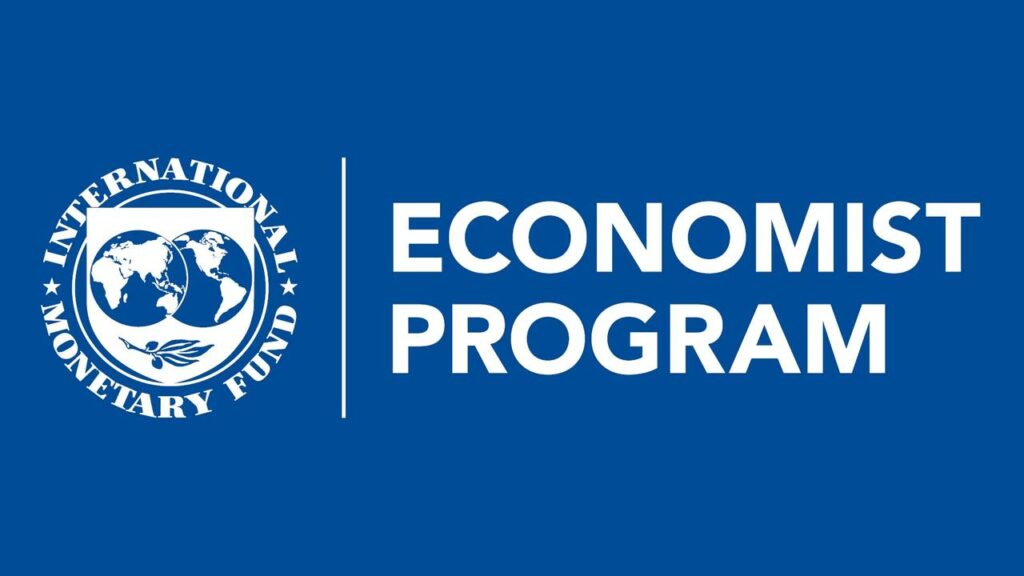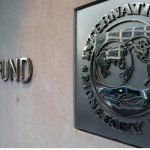Nigeria’s external debt service climbed to $932.1 million in the second quarter of 2025, underscoring the continued strain on government finances as repayment obligations to international lenders intensify. The latest data from the Debt Management Office in its report, “Actual External Debt Service Payments for April – June 2025,” reveals that multilateral creditors absorbed the bulk of these payments, reflecting Nigeria’s heavy reliance on international financial institutions.
Out of the total amount, $629.38 million nearly 68 percent was paid to multilateral lenders. The International Monetary Fund was the single largest recipient, receiving $415.6 million in principal repayments alone, accounting for almost half of the quarter’s total debt servicing.
Other significant multilateral obligations included the International Development Association with $121.37 million, the International Bank for Reconstruction and Development at $36.21 million, the African Development Bank with $43.75 million, and smaller disbursements to the African Development Fund, Islamic Development Bank, and European Development Fund.
Bilateral creditors such as the Agence Française de Développement, China Development Bank, and Japan International Cooperation Agency received a combined $41.18 million. Commercial creditors, dominated by Eurobond holders, accounted for $261.55 million, with $260.07 million paid solely in Eurobond interest and $1.47 million to Unicredit SPA.
This rising external burden is part of a broader upward trajectory. Between January and April 2025, Nigeria spent over $2.01 billion on external debt servicing, marking a 50 percent increase compared to the same period last year. The repayment trend follows the International Monetary Fund’s confirmation that Nigeria has fully cleared the $3.4 billion Rapid Financing Instrument secured in 2020 during the COVID-19 crisis. Although the principal has been repaid, Nigeria will continue to incur about $30 million annually in Special Drawing Rights charges due to ongoing allocation obligations.
Domestically, Nigeria’s debt pressures remain substantial. The DMO reports that total domestic debt has risen to ₦76.59 trillion as of mid-2025, with Federal Government Bonds making up ₦60.65 trillion, over 79 percent of the total. In the second quarter of 2025 alone, domestic debt servicing reached ₦1.707 trillion, driven largely by ₦1.686 trillion in interest payments.
Despite these growing payments, international projections offer a measure of optimism. The World Bank anticipates a marginal decline in Nigeria’s public debt-to-GDP ratio, from 42.9 percent to 39.8 percent,the first drop in over a decade. For small businesses and the wider economy, however, the challenge remains that high debt servicing costs continue to divert resources away from critical investments, limiting fiscal space for growth and enterprise support.










